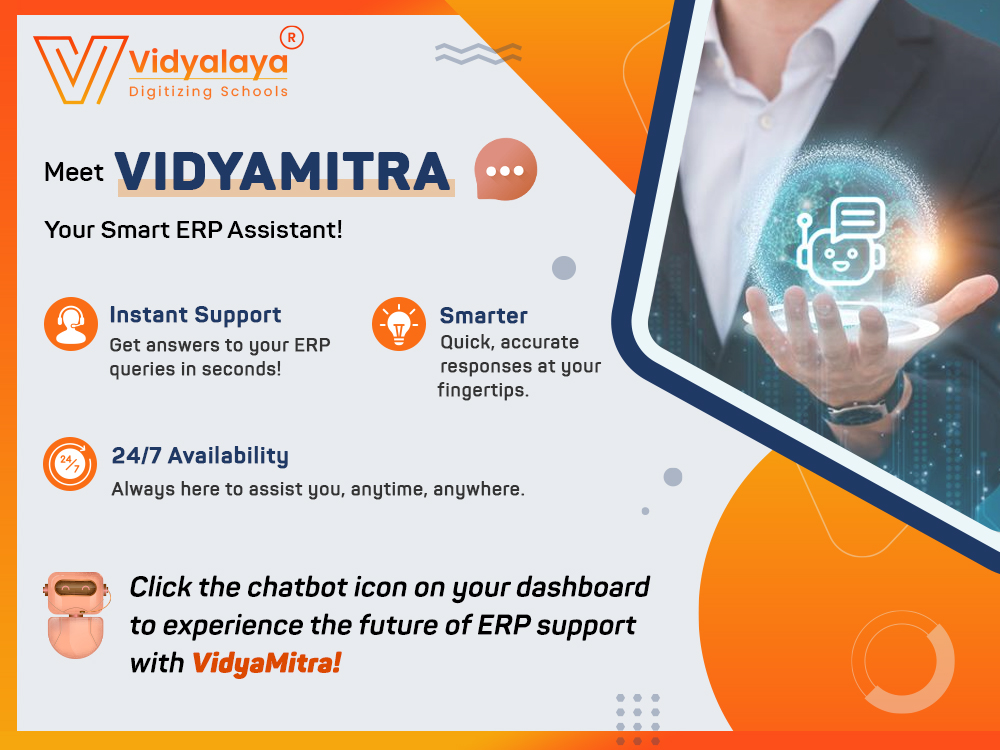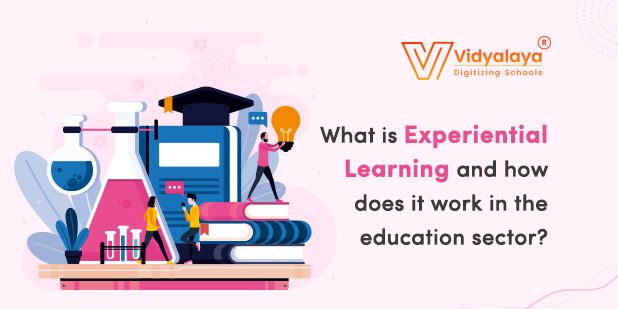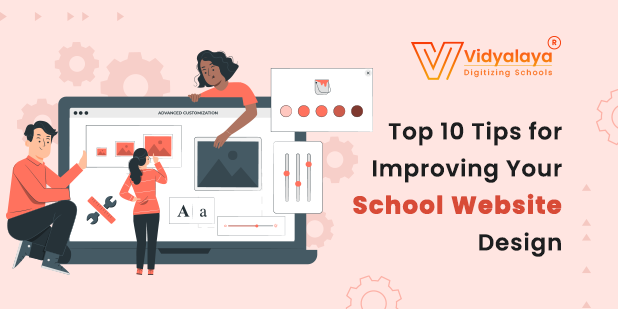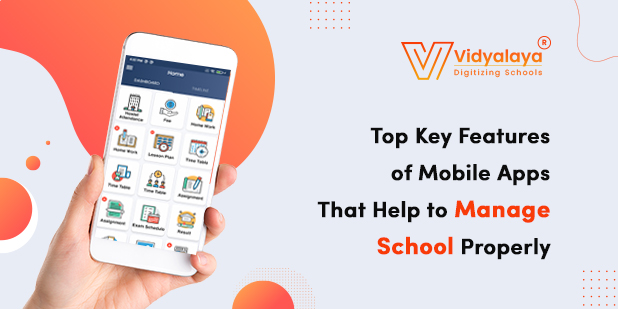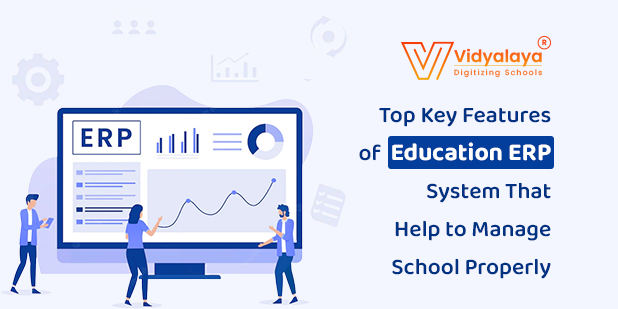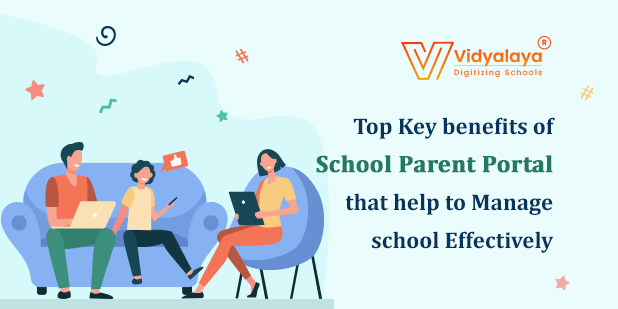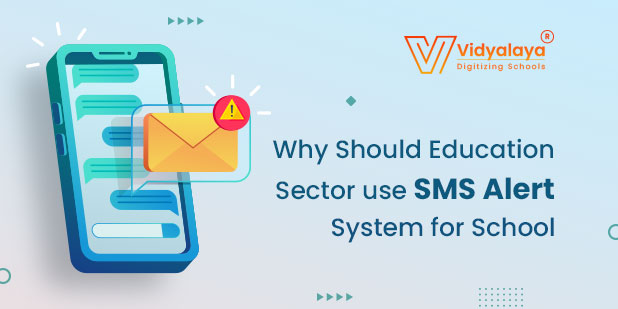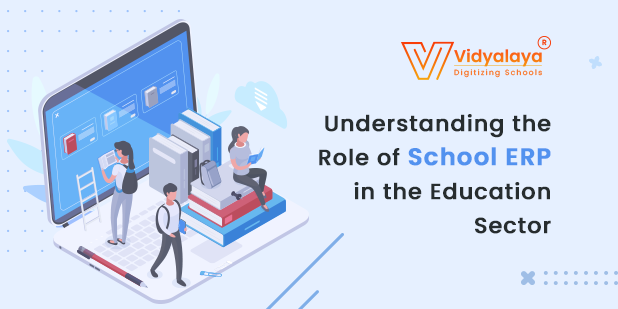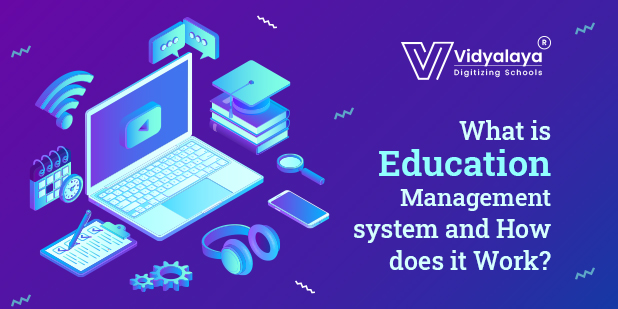We all know change is the only constant in this world and the education sector is not an exception. Learning methodologies have changed so far and today’s kids are more power-packed than ever as they have an ocean of knowledge around them. Technology advancements like online classes, hobby workshops, online tutorials, and others have made them capable of getting information about the latest career trends and learning methods within a few clicks. When the latest trends are observed in the education sector, this term has a lot to do in the coming days. Let’s explore this concept and learn how it can contribute to the education sector.
What is Experiential Learning?
Derived by the name itself, experiential learning is the process of learning through experience and observation. Psychologist David Kolb proposed this learning theory and emphasized that experiences can influence the learning process. According to him, experiential learning is the process in which knowledge is created through experience transformation. And learners get results from the combination of grasping and transforming these experiences.
In this method of learning, traditional classroom methods like lectures, homework, and classwork are not necessary to implement extensively. Instead, tutors encourage learners to participate in the learning processes by actively focusing on engaged learning. To achieve this, it incorporates several attributes and focuses on learning by doing or refining a specific mechanism. Aspects that involve practical approaches like case studies, field experiences, lab work, internships, and others, are great ways to implement experiential learning.
What are the different phases of Experiential Learning?
Experiential learning is divided into four stages, that emphasize ‘learning by immersing, practicing, and performing’ and by reflecting on the experiences. This can be concluded as students do what they know. As learning is an ongoing process, students need to be prepared for the future and for situations that still don’t exist. In experiential learning, students acquire knowledge as a result of experience transformation during these four stages:
1. Concrete Experience:
A concrete experience is created when a student learns some new concept for the first time and learns from it. Also, they try something new by coming out of their comfort zone which may result in success or failure. But it gives a mesmerizing experience that can be applied in the recurrence of similar situations or in a completely new situation.
2. Reflective Observation:
It is the act of reflecting on new experiences, including actions and feelings. Here, the focus is shifted to the analysis of what went wrong or right and how flaws can be rectified to improve the experience. Here new approaches like hybrid learning can be integrated to stimulate online classroom learning.
3. Abstract Conceptualization:
Students can identify vital attributes after experiencing a specific experience. So, now they need to think about what else they can do. So, the abstract conceptualization deals with the brainstorming process. Through this, students can modify acquired concepts and prepare planned strategies.
4. Active Experimentation:
This is the final stage of experiential learning where students actually implement their acquired ideas into actions. In other words, they put their plans into action when they come across real-life situations.
What are the benefits of Experiential Learning?
Experiential learning brings several benefits to learners and highly contributes to their development. Let’s learn the wide range of benefits:
Learners can grasp concepts more efficiently:
Learners generally find it difficult to absorb real-life concepts. Traditional methods like memorization, text-based, or verbal learning cannot appeal to learners to grasp those complex aspects. So, experiential learning creates opportunities to learn and apply ideas in real-life situations with an interactive role. As there is active communication between students and information, they can have real-life touch in it.
Learners get opportunities to reflect:
Beating the flaws of conventional learning, learners get more opportunities to reflect on experiential learning in the classroom. They get concrete experiences with abstract concepts which highly influence their outcomes and keep them more engaged. They tend to be more connected with the concepts as they are encouraged to learn how their reflexes affect the issues and how their outcomes are different from others. This will help them to learn and understand those concepts and apply them in the circumstances and vary them accordingly.
Learners learn from their mistakes:
Students are more exposed to hands-on tasks in experiential learning. So, they may find some approaches bring better outcomes than others. They get the opportunity to cut out from the methods that don’t work, and find an alternate solution. This act of trying new and then abandoning it – commonly known as a ‘mistake’, becomes a valuable aspect of the learning process. Students are more into valuing their mistakes rather than fearing them.
Tutors with a more improved attitude
Even though experiential learning is meant for learners they are also beneficial for tutors also. As learners’ emotions are more engaged here, their knowledge and skills are enhanced, and this is eventually having a positive impact on overall learning. Tutors play an active role in this process leading to great gratification in overall learning.
How experiential learning is implemented in the education sector?
There are several approaches to learning where students come across different tactics. In experiential learning, where the practical approach is emphasized incorporates some of the methods to motivate students. They are:
- Case studies
- Field Experience
- Industry Visits
- Internships
- Lab work
- Interactive Classrooms
Summing it Up!
The education sector is facing several flaws like rote recitation techniques, frequent absenteeism, poor learning methodologies, and others which are resulting in inefficient improvement in students. Even after continuous stretches by teachers and institutes, the resulting figures are not satisfactory. A solution to these problems lies in the outdated strategies institutes rely on. With time advancements, the education sector also needs to be with time. Experiential learning is the practical approach that engages learners in different interactive activities and learns through experience.
It will boost their knowledge acquisition and retention through real-time learning rather than relying on outdated memorization techniques. It becomes the base of future learning and thus, leading technology partners like Vidyalaya integrate the same in their innovative products. Let your learners understand the real-world through real-time experience, develop the skills they need through their own experience, and make the planet better to live in. Let experiential learning be your buddy in this challenging journey!

